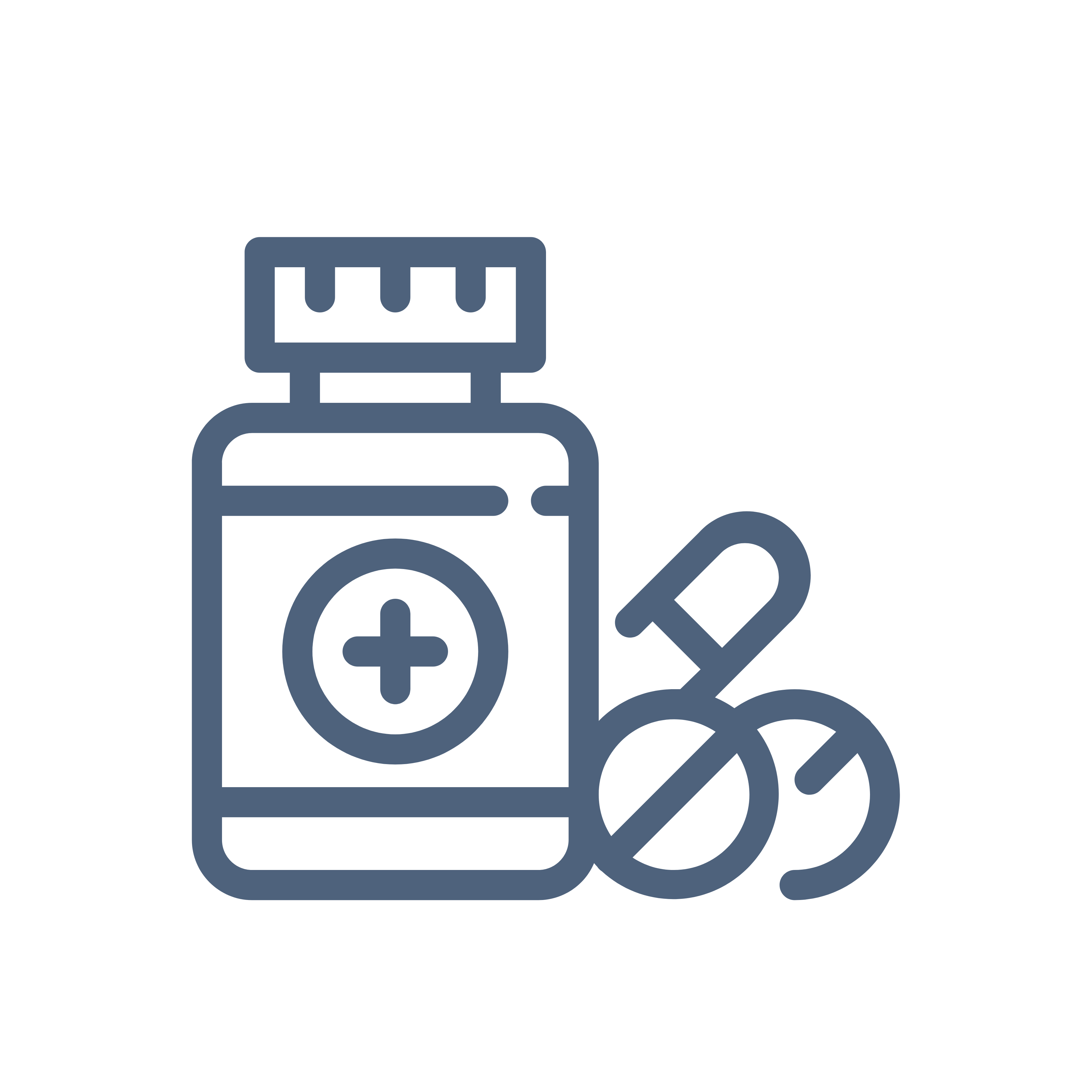Prescription Drug Misuse by Youth
Prescription drug misuse by youth was lower in Hot Springs County than the state in 2018.
Percent of students responding "yes" to "During the past 30 days, have you used prescription drugs not prescribed to you?"
Hot Springs County was 5th in the state for youth prescription drug misuse rates in 2018.
Percent of students responding "yes" to "During the past 30 days, have you used prescription drugs not prescribed to you?"
Source
The Wyoming Prevention Needs Assessment is a survey conducted every other year in middle and high school across the state. Its purpose is to monitor indicators of health and well-being of students, including substance abuse behaviors and attitudes. Data can be broken down by county, gender, and grade level.
Limitations
- Not every school district in Wyoming participated in the PNA every year, and some districts had low response rates. Full information about participation by school district can be found on the PNA website.
- The question “During the past 30 days have you used prescription drugs not prescribed to you?” began to be asked in 2018, preventing an analysis of trends over time. As the survey continues to be administered, we expect to be able to show year-to-year changes.
- Although the Wyoming Prevention Needs Assessment was conducted in 2020, results are unavailable for many counties due to COVID-19 interruptions. 2020 results are excluded here, but can be found on the survey website.
Interpretation
Past 30-day prescription drug misuse by youth ranges from 0% in Niobrara County to 4.9% in Crook County. Hot Springs County has the 5th lowest rate in the state.
Naloxone Use
Hot Springs County has no reported naloxone use from 2016-2020.
Hot Springs County is one of three counties with no reported naloxone use from 2016-2020.
Average annual naloxone administration rate per 100,000 people
Source
The Wyoming Ambulance Trip Reporting System (WATRS) is available to all Wyoming emergency medical services (EMS) agencies at no charge. It is an electronic medical records system for transporting, non-transporting and air ambulances used for prehospital care. The use of naloxone (the opioid overdose reversal agent commonly known as Narcan®), which is an opioid overdose reversal agent, is highlighted here. The rates of naloxone administration are based on county of the incident and census estimates of county populations.
Limitations
- Naloxone administration rates include only those delivered by EMS personnel. Administrations by law enforcement or bystanders are not included.
- Rates are calculated using the number of ambulance trips that administered naloxone, not the number of naloxone doses. Doses were additionally reviewed and they follow similar trends.
- Reports by non-transporting first response agencies may have resulted in some duplicate counts in Laramie, Natrona, and Sweetwater counties.
- Counties with a smaller population are particularly susceptible to year-to-year fluctuations.
Interpretation
The average naloxone administration rate from 2016-2020 ranges from 0 in Niobrara, Johnson, and Hot Springs counties to 167.9 in Fremont County. Hot Springs County had zero naloxone administrations between 2016 and 2020.
Opioid Prescriptions
Opioid prescription fill rates in Hot Springs County tend to be higher than state and national rates.
Retail opioid prescriptions dispensed per 100 persons per year
Hot Springs County had the highest opioid prescription fill rate in the state in 2019.
Retail opioid prescriptions dispensed per 100 persons per year
Source
The CDC releases U.S. prescribing rate maps and data tables, showing annual opioid prescribing rates from 2006 to 2019 by state and county. IQVIA Xponent 2006-2019 is the source of the prescribing data, based on a sample of approximately 49,900 retail (non-hospital) pharmacies, which dispense nearly 92% of all retail prescriptions in the U.S.
Interpretation
Wyoming counties show a wide variability in opioid prescription fill rates, from 2.3 fills per 100 people in Niobrara County to 105.5 in Hot Springs County in 2019. A rate of 105.5 would mean that there are enough opioid prescriptions filled in Hot Springs County to have more than one for every person. Further, the trends in fill rates over time are quite different for each county. This could mean that prescribers have changed their practices, pharmacists have changed their practices, or might reflect a change in the number of prescribers or pharmacists available within a county. Particularly in counties with low populations, a loss or gain of a single prescriber/pharmacist may result in a notable difference in prescribing rates.
Opioid prescription fills in Hot Springs County have historically been higher than state and national rates, with some variability over time. The variability may be in part due to its small population size of about 4,700. Hot Springs County is highest in the state for opioid prescription fill rates.
County Efforts

2
Buprenorphine Prescribers
The number of buprenorphine prescribers include only those publicly listed.

2
Medication Disposal Sites